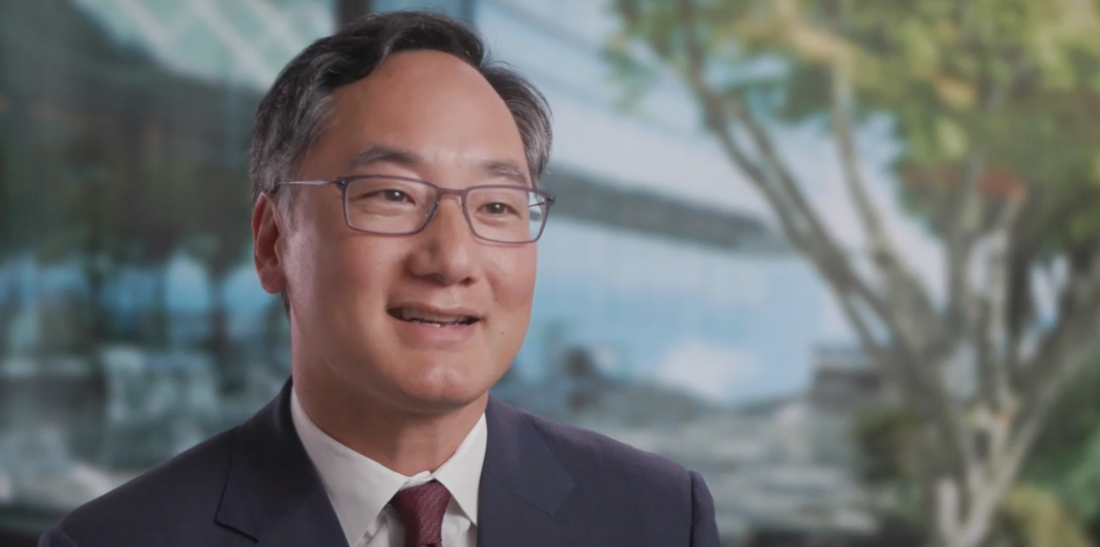Howard Song, MD, PhD, is driven to improve the lives of his patients.
As the Chief of the Division of Cardiothoracic Surgery at OHSU, Dr. Song cares for patients with heart disease and conducts research on cardiovascular disease, with a focus on improving patient outcomes.
We recently asked him a few questions about the evolution of cardiac surgery, up-and-coming research projects and how philanthropy fuels his work.
What inspired you to pursue medicine? And what makes you excited to go to work each day?
Growing up, I always liked science-related subjects in school. When I was thinking about a career, I knew I wanted to work with and help people. Medicine seemed like the best combination of these two passions.
Each day, I have the opportunity to take care of patients and their families to help them feel better. Plus, I work with a great team of committed, skilled providers.
How is cardiothoracic surgery evolving?
Cardiothoracic surgery is evolving a lot. We are developing new operations to treat heart conditions more effectively and safely. We’re also developing new devices and technologies to treat patients in less invasive ways, without traditional open-heart surgery.
Our team is involved with the development of artificial heart valves, called transcatheter heart valves, that can be implanted by passing them through blood vessels into a patient’s heart — all without putting an incision on the patient’s chest. These valves will allow us to help more people who have heart valve disease with lower risk and much faster recovery times.
What current research projects are you excited about?
I’m excited about our research projects that investigate how heart surgery outcomes can be made safer and more effective, and projects that are developing new technologies to help people with advanced heart failure who have few treatment options, including a total artificial heart.
The total artificial heart that is currently available has a lot of complications and can’t be used to treat all patients who might need one, including children. At OHSU, we’re developing a total artificial heart with a unique design that is compact and may be safer to use once it is fully developed. The project has been funded by philanthropy, and is currently in an early development and testing stage.
How does philanthropy impact your research?
Philanthropy makes it possible for us to advance the field of cardiac surgery. At OHSU, our faculty want to give the best possible care to our patients. We want to make cardiac surgery safer, more effective, and be able to treat patients who have few or no options. Philanthropy makes it possible for us to investigate and develop new ideas, treatments, and devices to advance our field and give better care to our patients.

